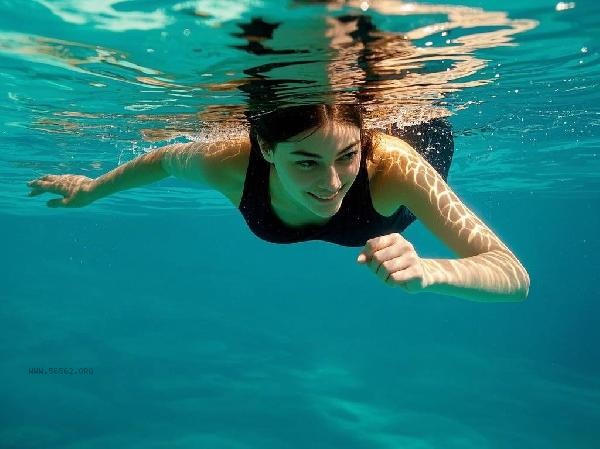The water circulation system of a swimming pool is usually clean under standard maintenance, but the degree of cleanliness depends on the level of daily management and disinfection frequency. The water circulation system mainly ensures hygiene and safety through filtration and disinfection, residual chlorine monitoring, pH adjustment, equipment maintenance, water quality testing, and other methods. The water circulation system of the swimming pool uses multi-layer filtration devices to remove large particles such as hair impurities, and is combined with quartz sand or activated carbon filtration to adsorb small particles. Chlorine containing disinfectants are commonly used in the disinfection process to kill bacteria and viruses, and some venues may use ultraviolet or ozone assisted disinfection. The residual chlorine concentration should be maintained within a reasonable range. If it is too high, it can irritate the skin and mucous membranes, while if it is too low, it cannot effectively kill bacteria. PH value adjustment can reduce irritation to swimmers' eyes and skin, while improving disinfection effectiveness.

Old equipment may experience biofilm accumulation on the inner wall of pipelines, or delayed replacement of filter media, which may affect the purification effect. If the water treatment intensity is not correspondingly increased during a surge in pedestrian flow, it may lead to a temporary decrease in water quality. Some venues may accumulate soluble pollutants by relying solely on circulating filtration to reduce water change frequency and save costs. The high temperature and humidity environment in summer will accelerate microbial reproduction, which puts higher demands on system maintenance.

It is recommended to choose a regular swimming pool with a hygiene license, observe whether the pool water is clear and free of suspended solids, and smell whether there is a pungent chlorine smell before entering the water. Sensitive individuals should try to avoid peak periods of human flow, rinse and use moisturizing skincare products promptly after swimming. If symptoms such as skin itching or eye discomfort are found, the use should be immediately stopped and feedback should be given to the venue management personnel.







Comments (0)
Leave a Comment
No comments yet
Be the first to share your thoughts!